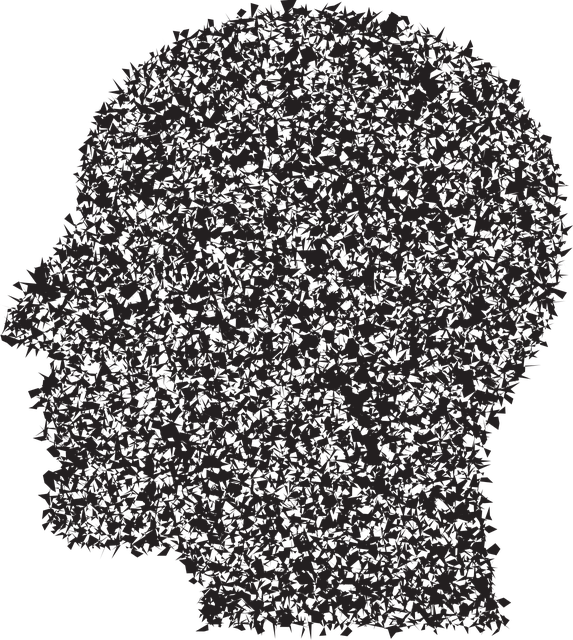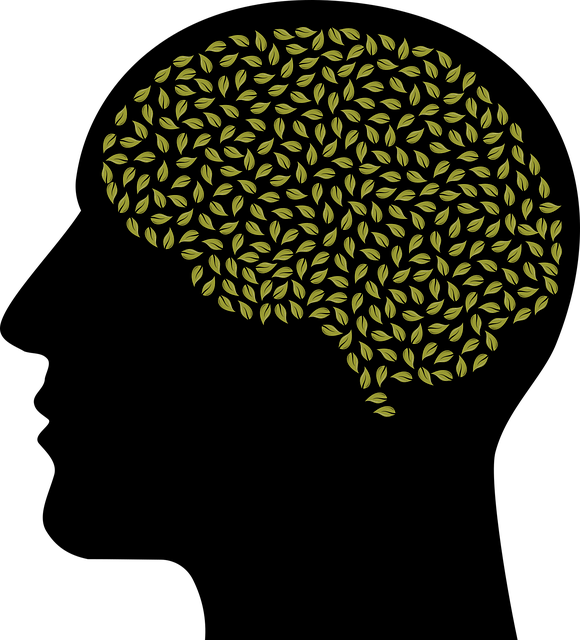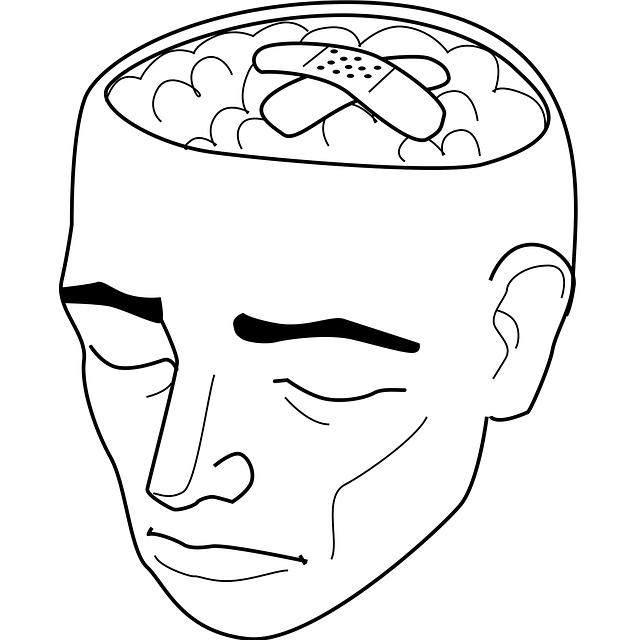Highlands Ranch Codependency Therapy emphasizes cultural competency training for mental health professionals, aiming to bridge healthcare disparities in diverse communities. Through interactive workshops, case studies, role-playing, and evidence-based practices like mindfulness, providers gain skills to navigate cultural dynamics, break down barriers, and offer tailored care. Rigorous pre- and post-training assessments, including Mental Wellness Journaling Exercises, show significant improvements in self-esteem and coping mechanisms among healthcare professionals, ensuring a holistic impact that extends beyond knowledge retention.
“In today’s diverse healthcare landscape, cultural competency among providers is more critical than ever. This article explores the essential training programs aimed at enhancing care delivery for all patients, especially in Highlands Ranch Codependency Therapy settings. We delve into the significance of understanding cultural nuances and how targeted training can improve patient outcomes. By examining successful implementation strategies and evaluation methods, this guide offers insights into cultivating a more inclusive healthcare environment, ensuring every patient receives respectful, culturally sensitive care.”
- Understanding Cultural Competency in Healthcare: The Need for Training
- Implementing Effective Cultural Competency Training Programs
- Measuring and Evaluating the Impact of Highlands Ranch Codependency Therapy Training
Understanding Cultural Competency in Healthcare: The Need for Training

Cultural competency in healthcare refers to the ability of providers to understand, appreciate, and effectively interact with patients from diverse cultural backgrounds. In today’s increasingly diverse society, where one out of every five Americans identifies as a racial or ethnic minority, this skill is no longer optional—it’s essential for delivering quality care. Healthcare provider training in cultural competency is designed to address the needs and challenges posed by these demographic shifts.
This training equips professionals with the knowledge and skills needed to navigate complex cultural dynamics, break down barriers, and foster inclusive environments. Through self-awareness exercises, mental health education programs design, and an emphasis on building strong patient-provider relationships, healthcare workers in Highlands Ranch Codependency Therapy can better serve their communities. By incorporating self-care practices into their own routines, providers can enhance their emotional resilience, enabling them to be more present and effective with patients from all walks of life.
Implementing Effective Cultural Competency Training Programs

Effective cultural competency training programs are essential for healthcare providers, especially those offering mental health services in diverse communities, such as Highlands Ranch Codependency Therapy. These programs should go beyond surface-level awareness and aim to foster deep understanding and empathy. One key aspect is to expose professionals to a variety of cultural backgrounds, beliefs, and experiences through interactive workshops, case studies, and role-playing scenarios. This allows them to navigate complex interactions with patients from different ethnic, racial, and socio-economic groups more skillfully.
Additionally, integrating evidence-based practices like stress management techniques, mindfulness meditation, and risk management planning for mental health professionals can enhance the training’s effectiveness. By combining cultural sensitivity with practical tools for handling stress and emotional challenges, healthcare providers become better equipped to offer compassionate, tailored care. This not only benefits individual patients but also contributes to a more inclusive and accessible healthcare system.
Measuring and Evaluating the Impact of Highlands Ranch Codependency Therapy Training

Measuring the impact of Highlands Ranch Codependency Therapy training is essential to understanding its effectiveness in enhancing mental wellness among healthcare providers. Through rigorous pre- and post-training assessments, researchers can gauge significant improvements in participants’ self-esteem and coping mechanisms. These evaluations often include standardized questionnaires designed to capture changes in attitudes, behaviors, and perceived capabilities related to codependency dynamics and burnout prevention strategies for healthcare providers.
The Mental Wellness Journaling Exercise Guidance, a component of the training, is particularly valuable for documenting personal reflections and identifying patterns. Participants are encouraged to track their emotional states, interactions with colleagues, and insights gained from therapy sessions. Analysis of these journals provides qualitative data, revealing deeper transformations in self-perception, interpersonal relationships, and overall mental wellness. This holistic approach ensures that the impact of Highlands Ranch Codependency Therapy extends beyond knowledge retention, fostering sustainable self-esteem improvement and resilience among healthcare professionals.
Cultural competency training, as demonstrated by successful programs like Highlands Ranch Codependency Therapy, is a vital tool in enhancing healthcare delivery. By equipping providers with the skills to understand and navigate diverse cultural contexts, we can improve patient outcomes and foster more inclusive, effective care. Measuring the impact of such training ensures its continuous improvement and encourages wider adoption, ultimately revolutionizing healthcare practices for the better.














